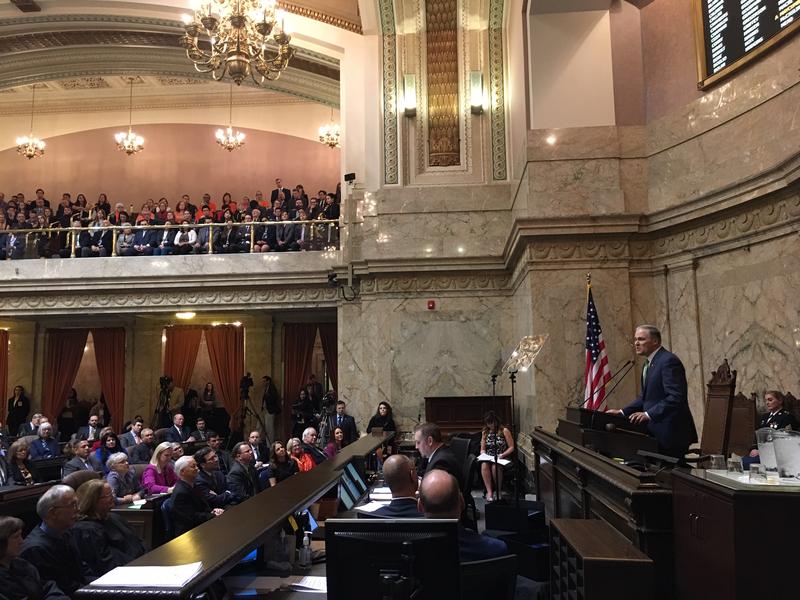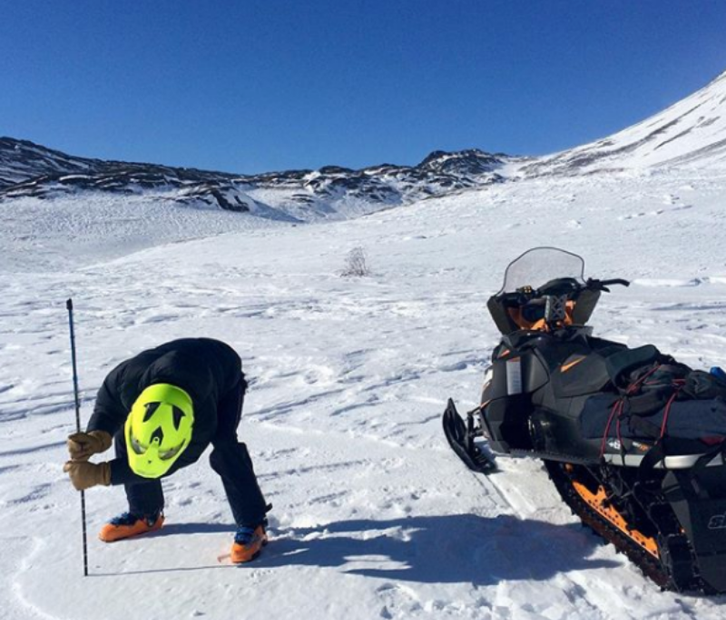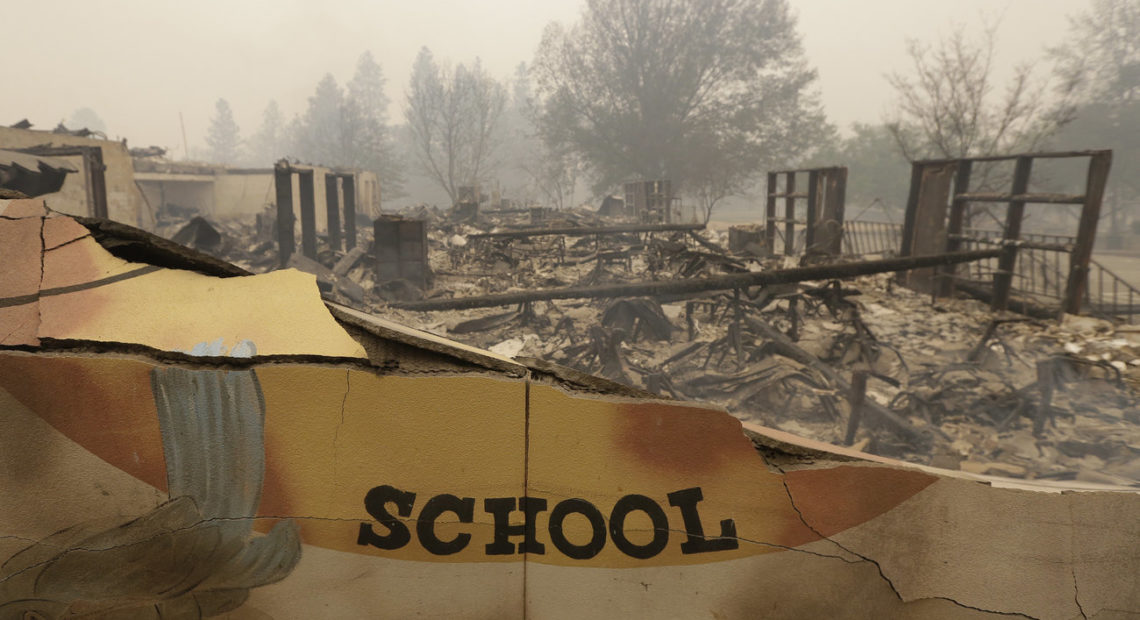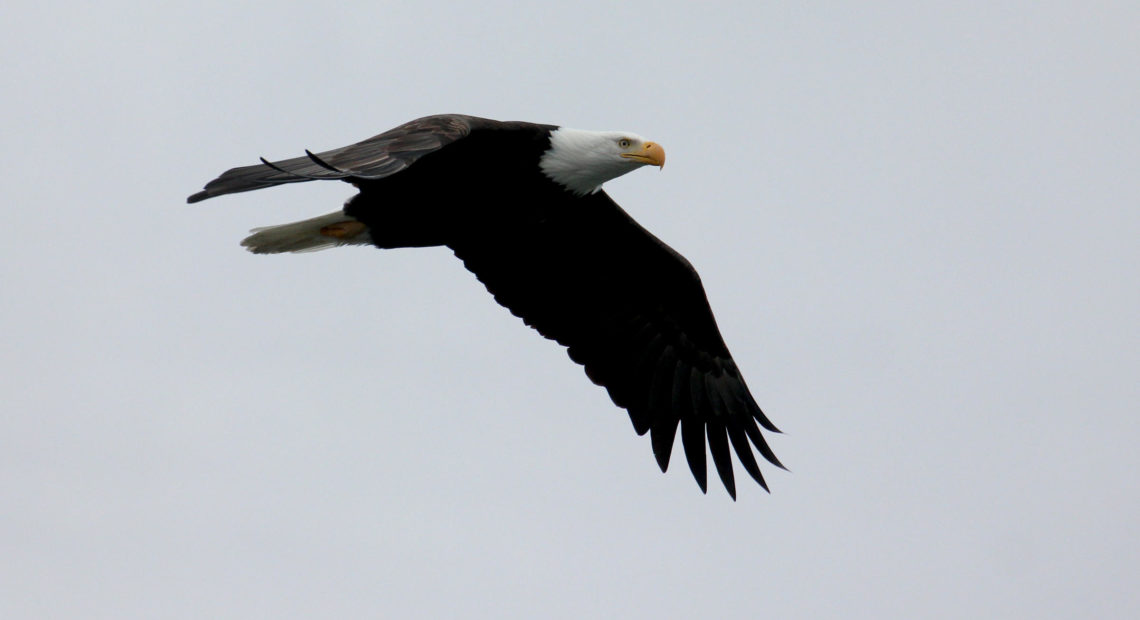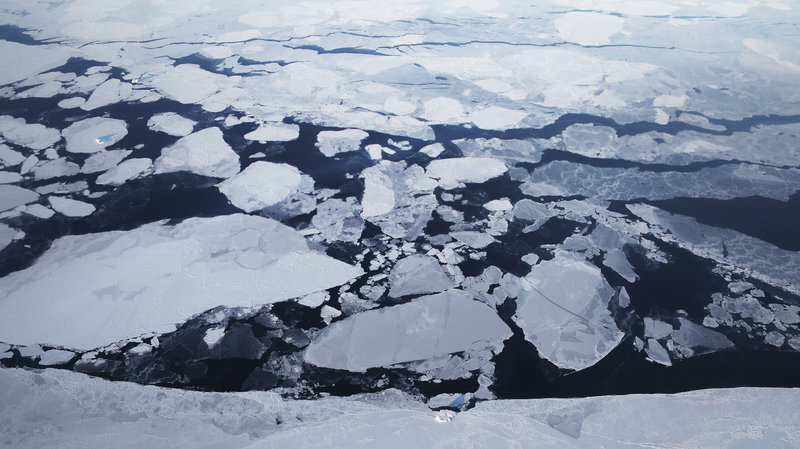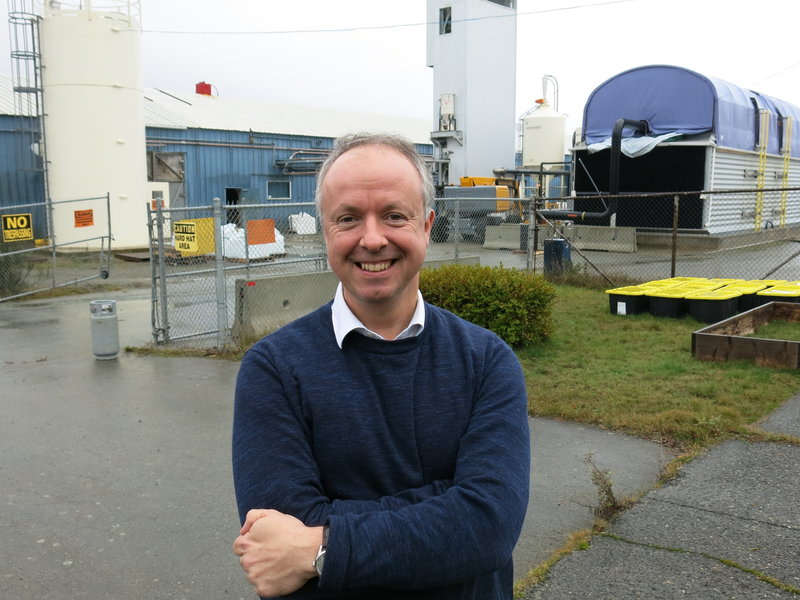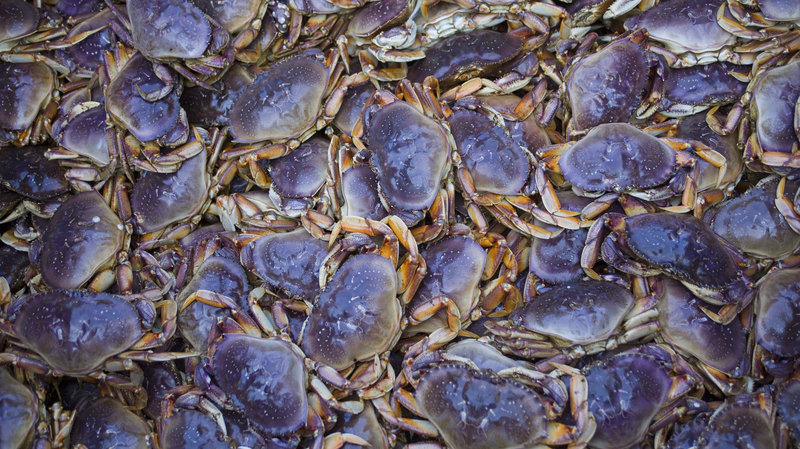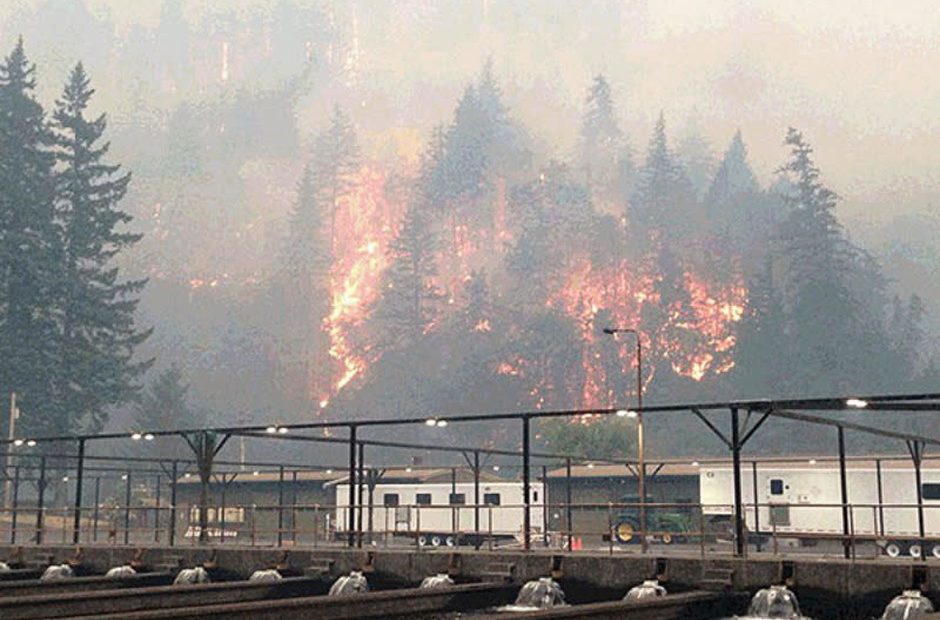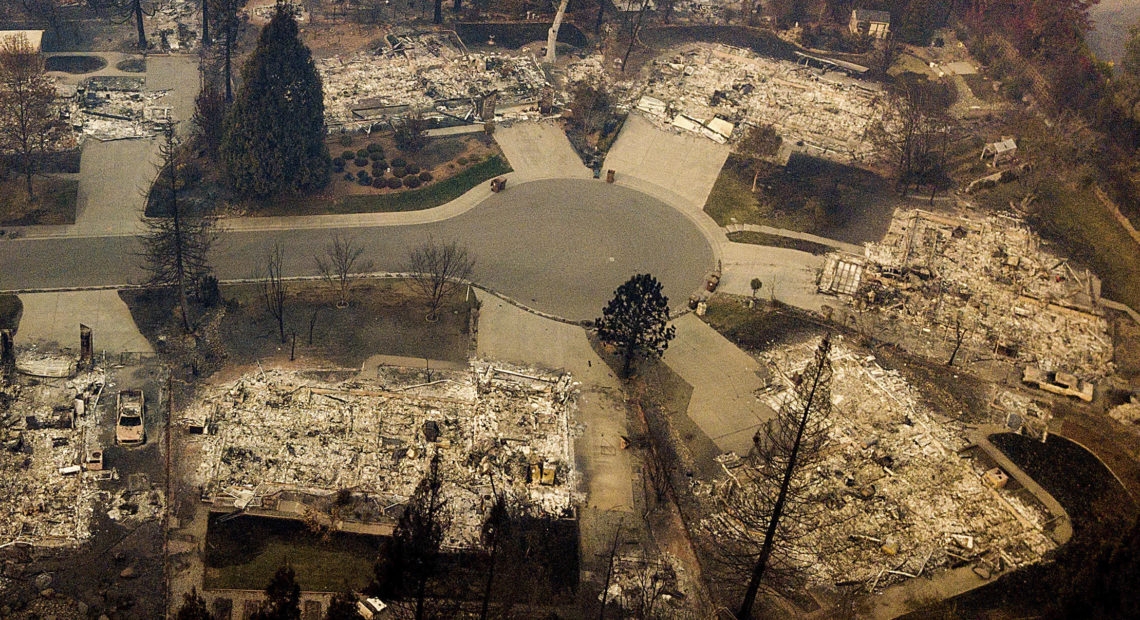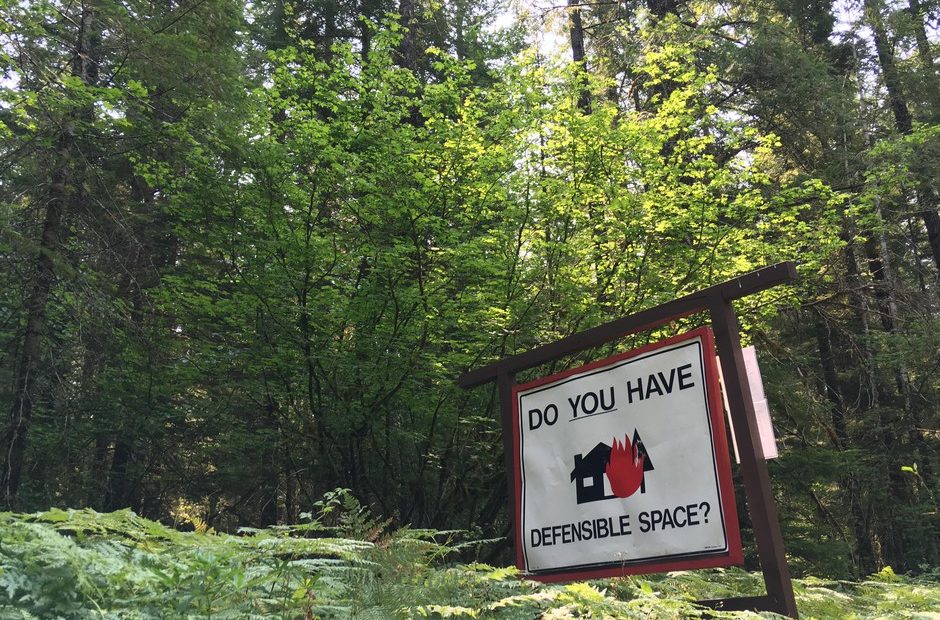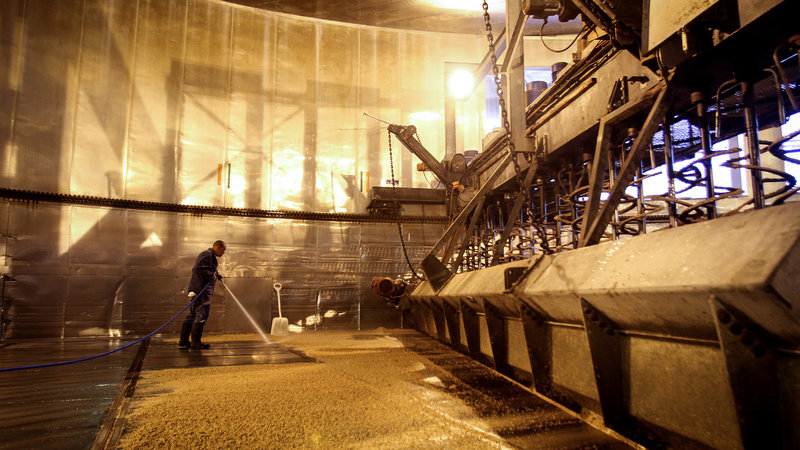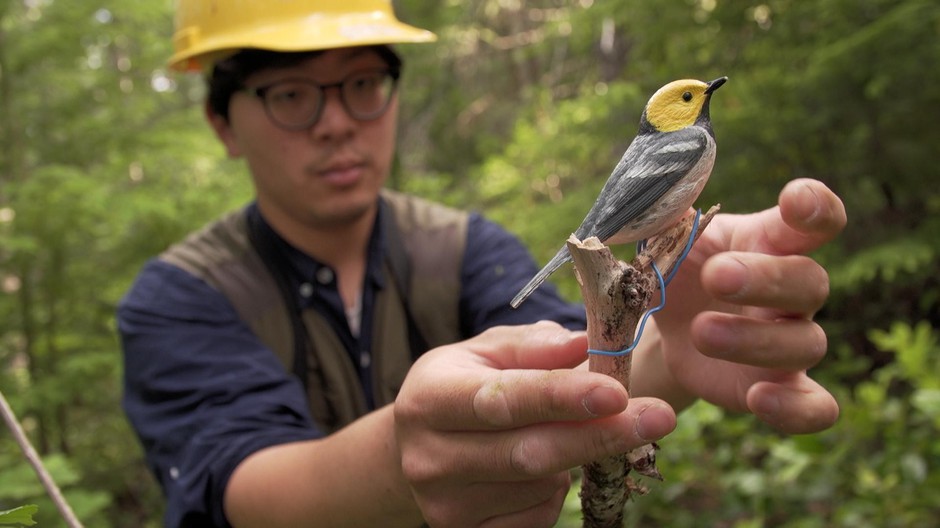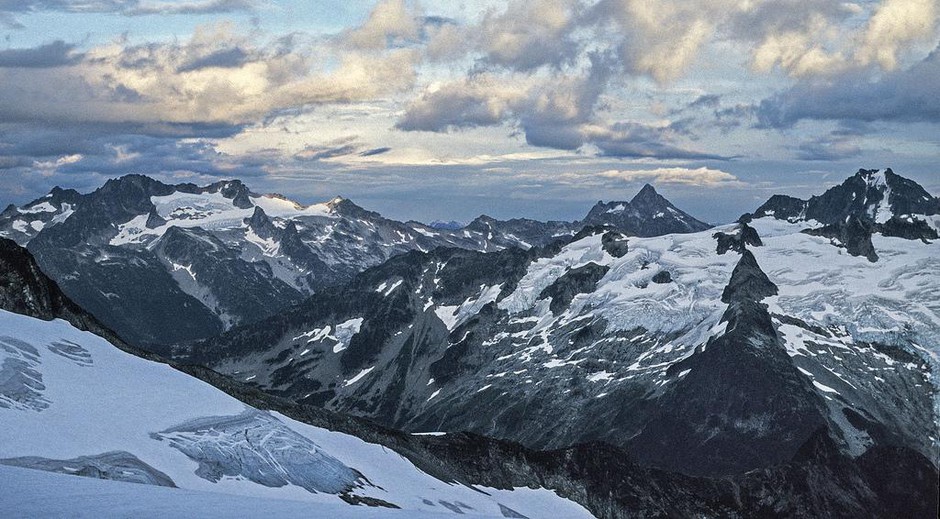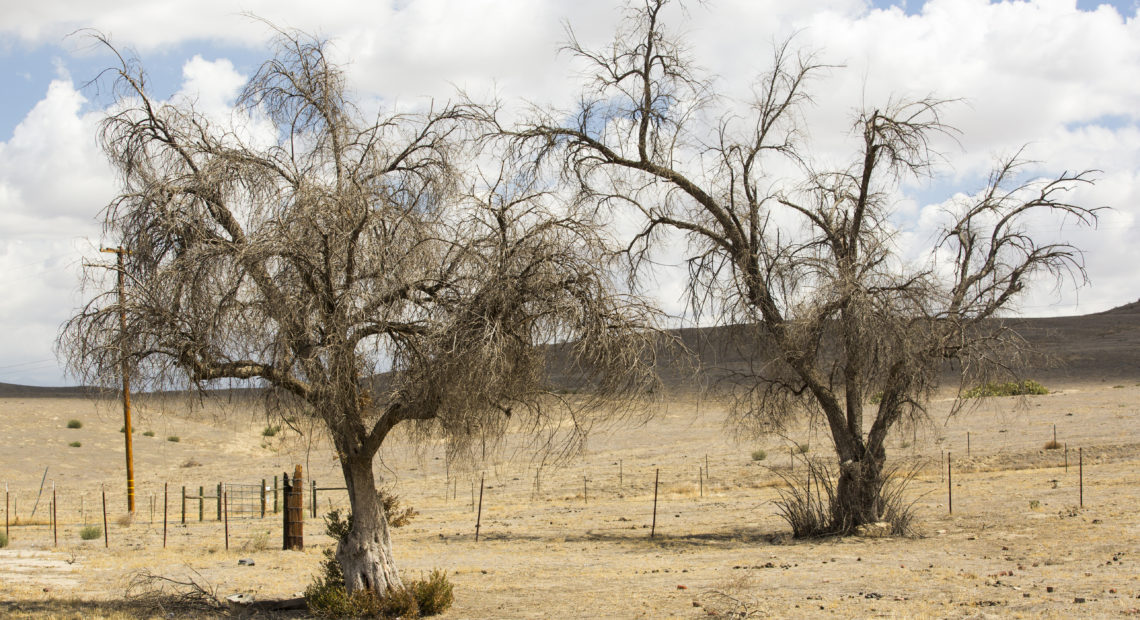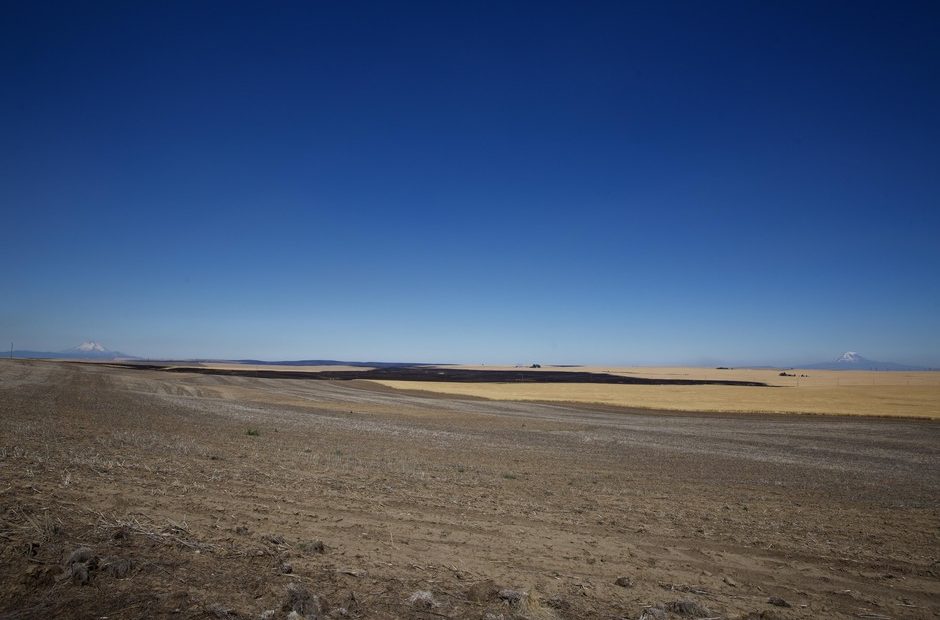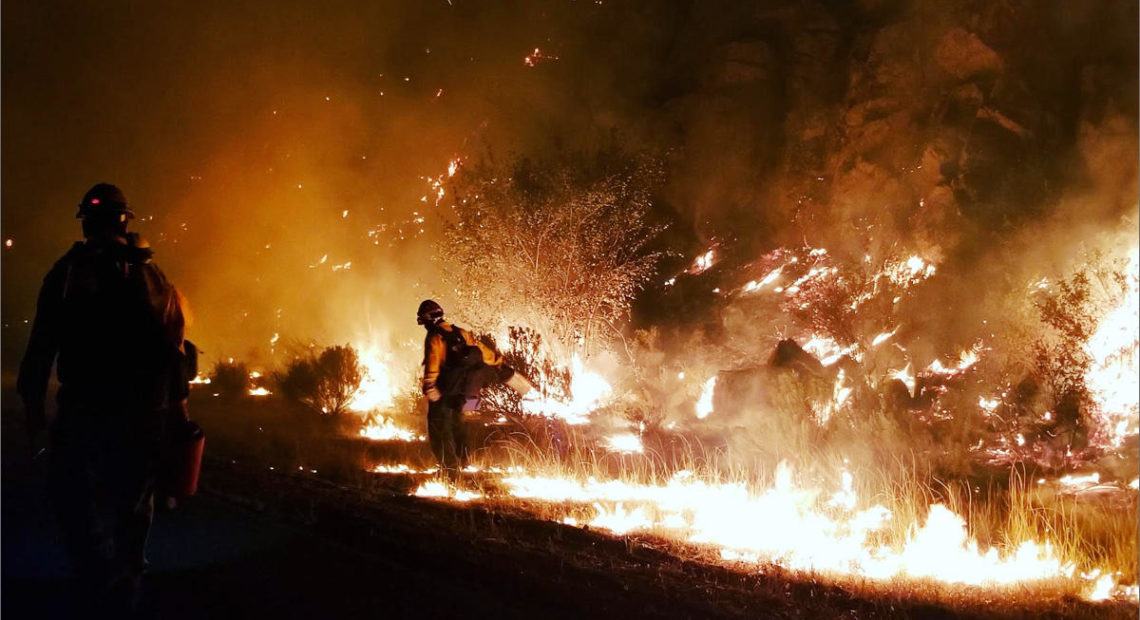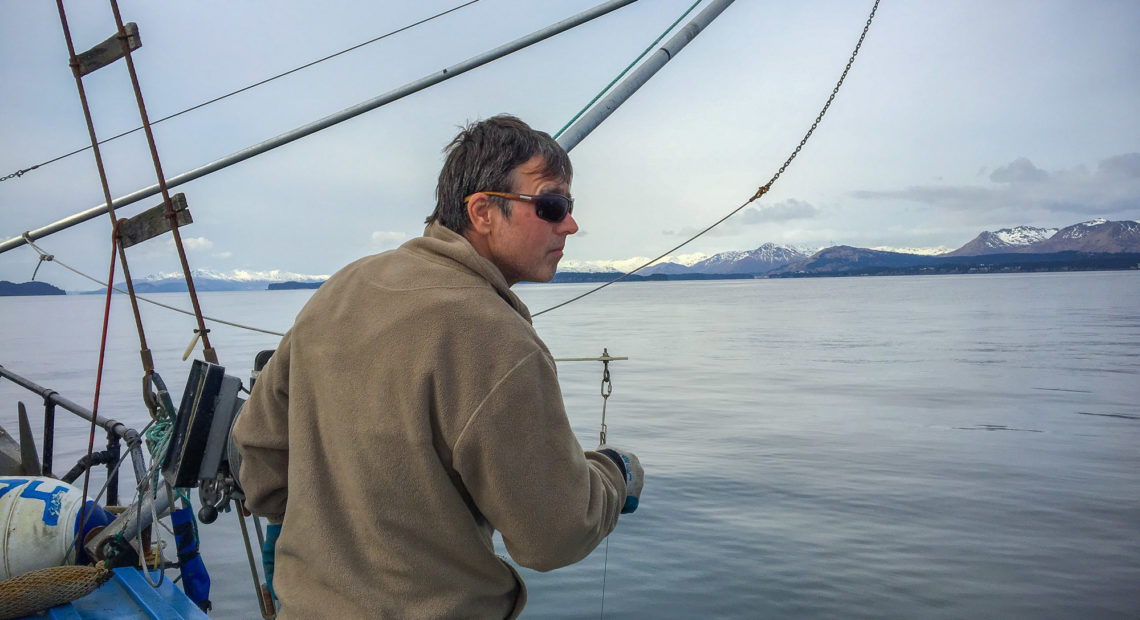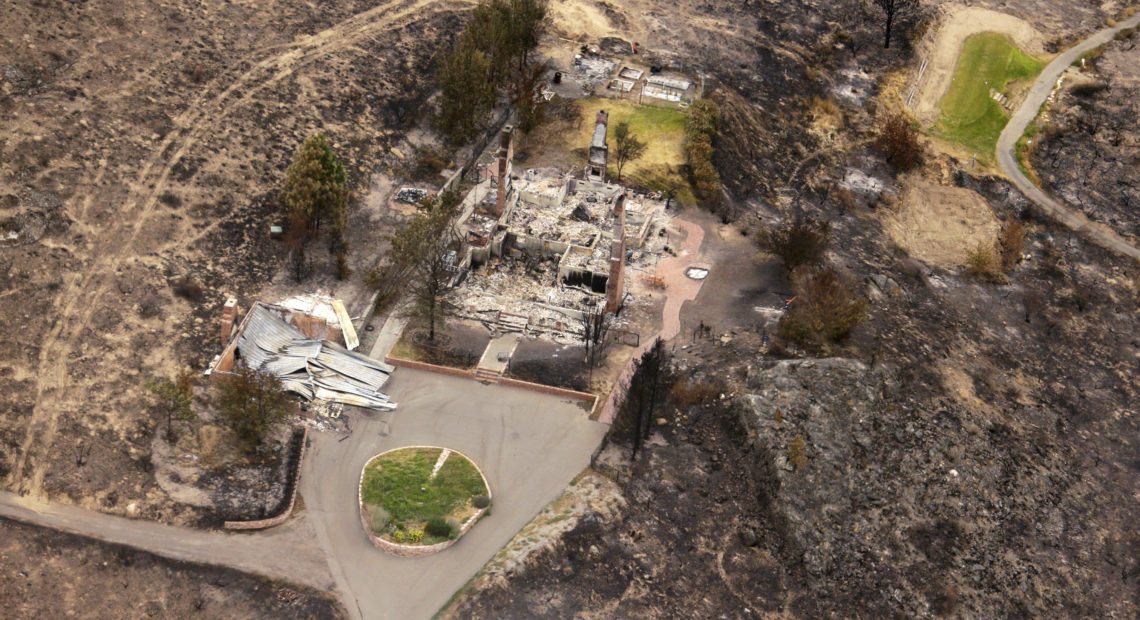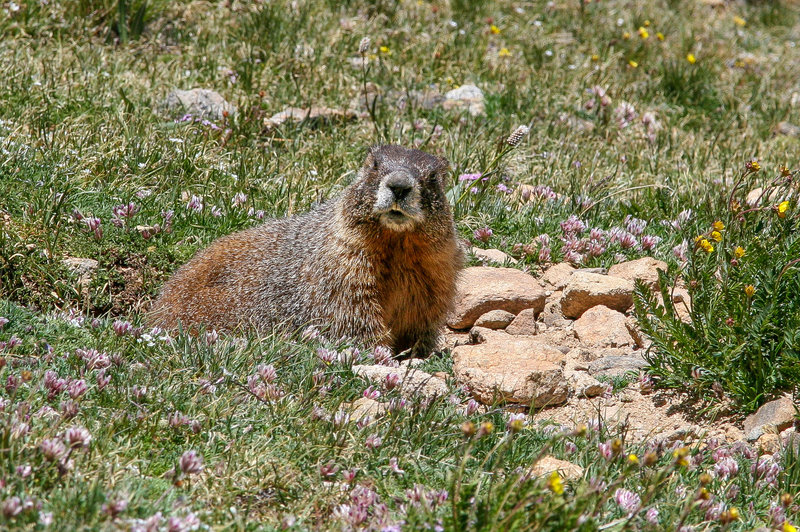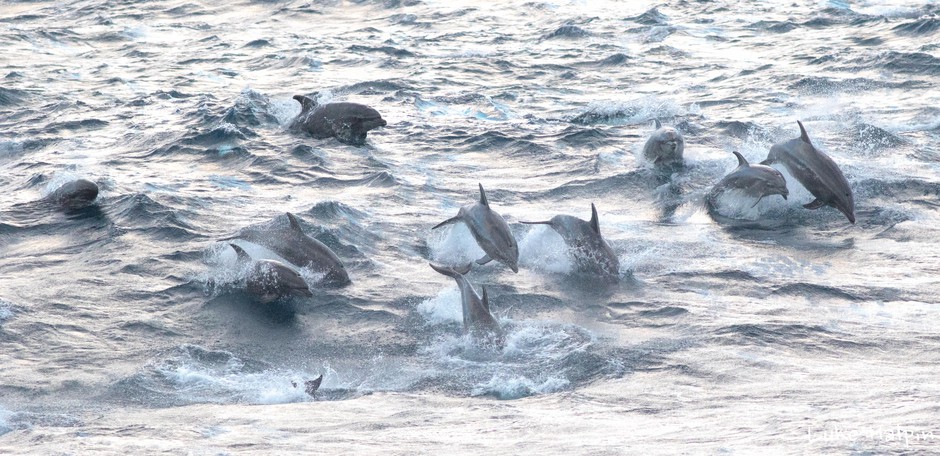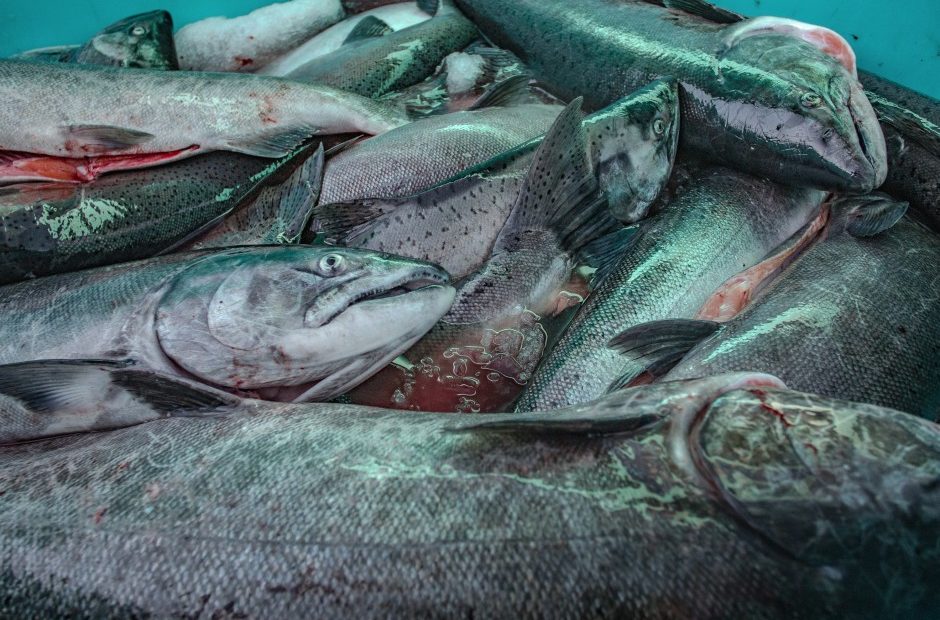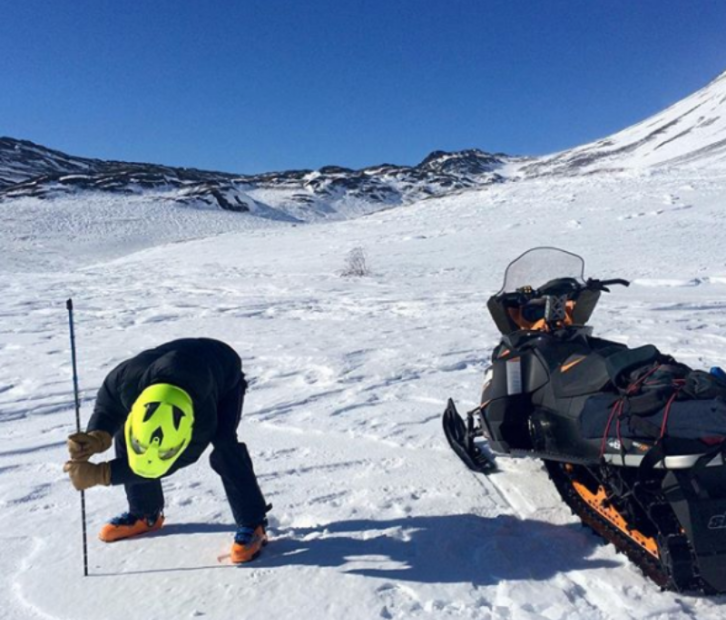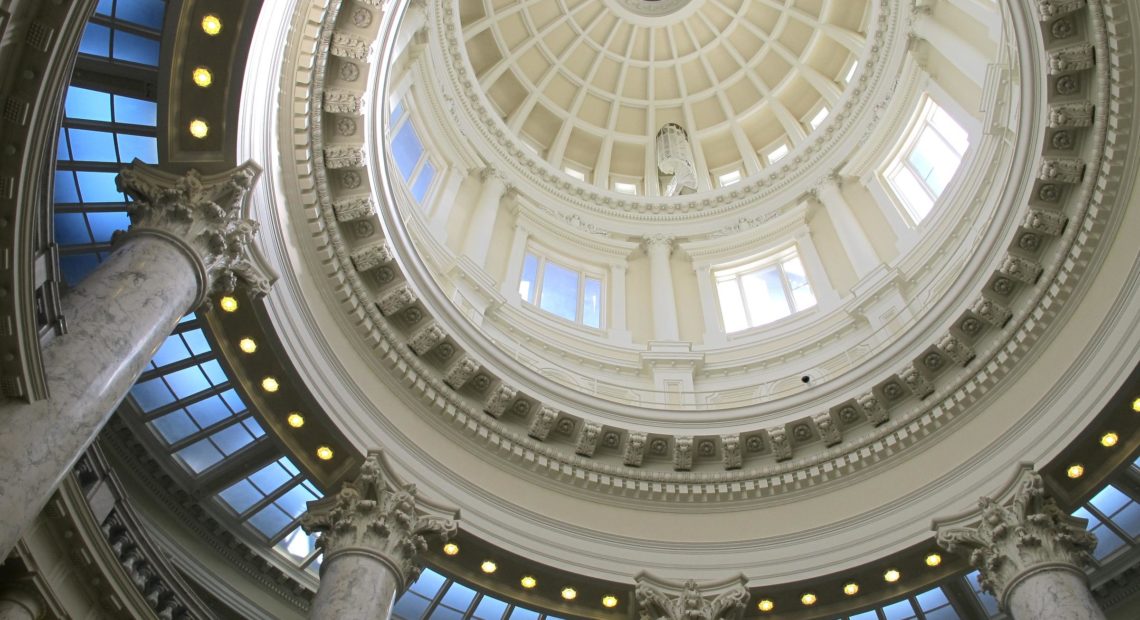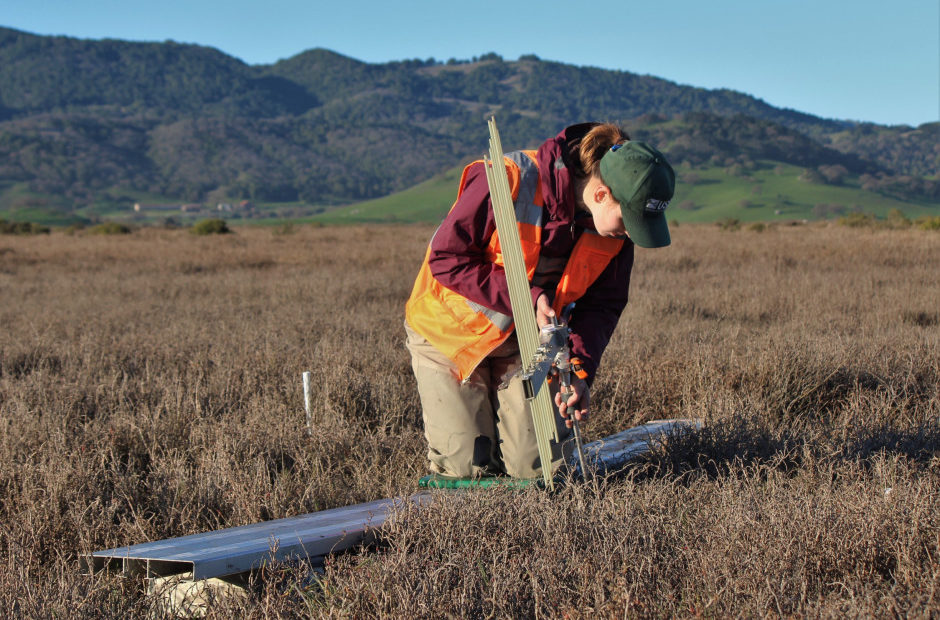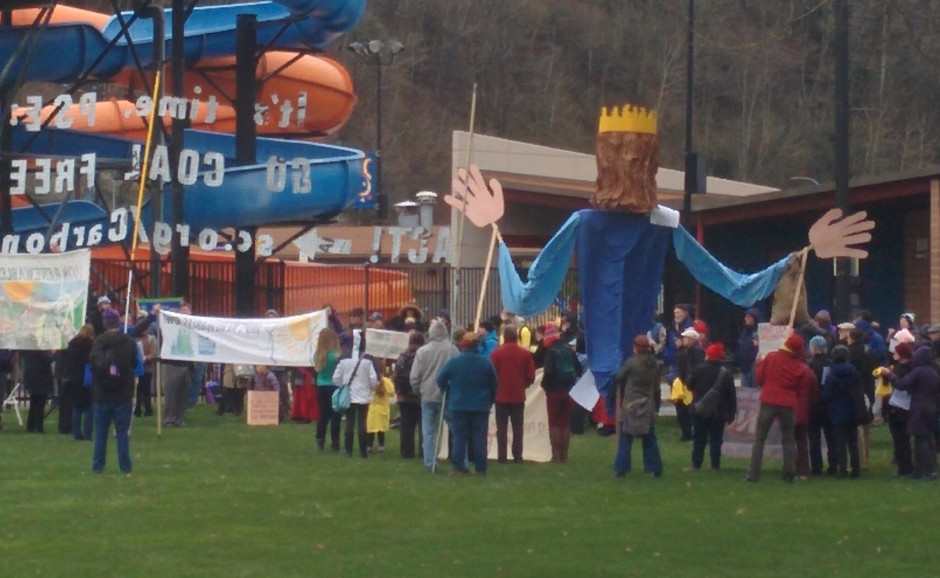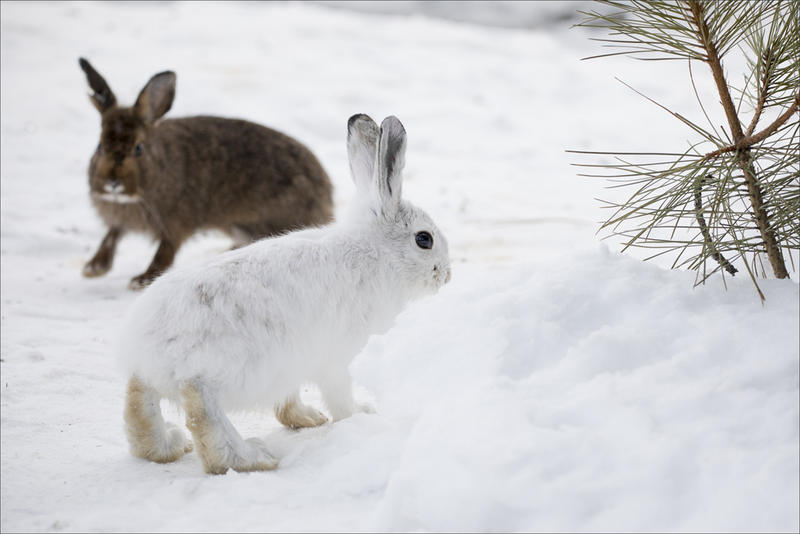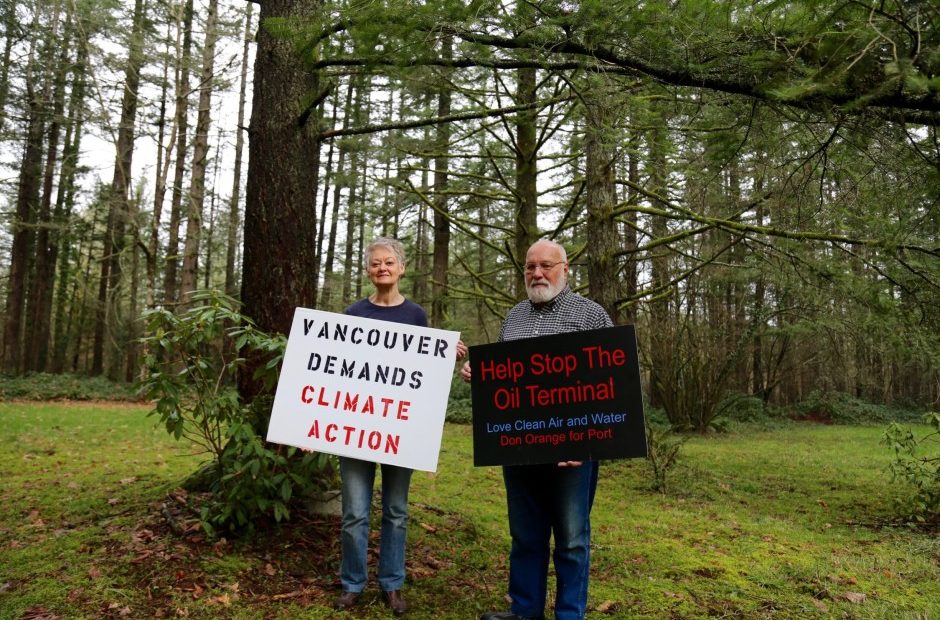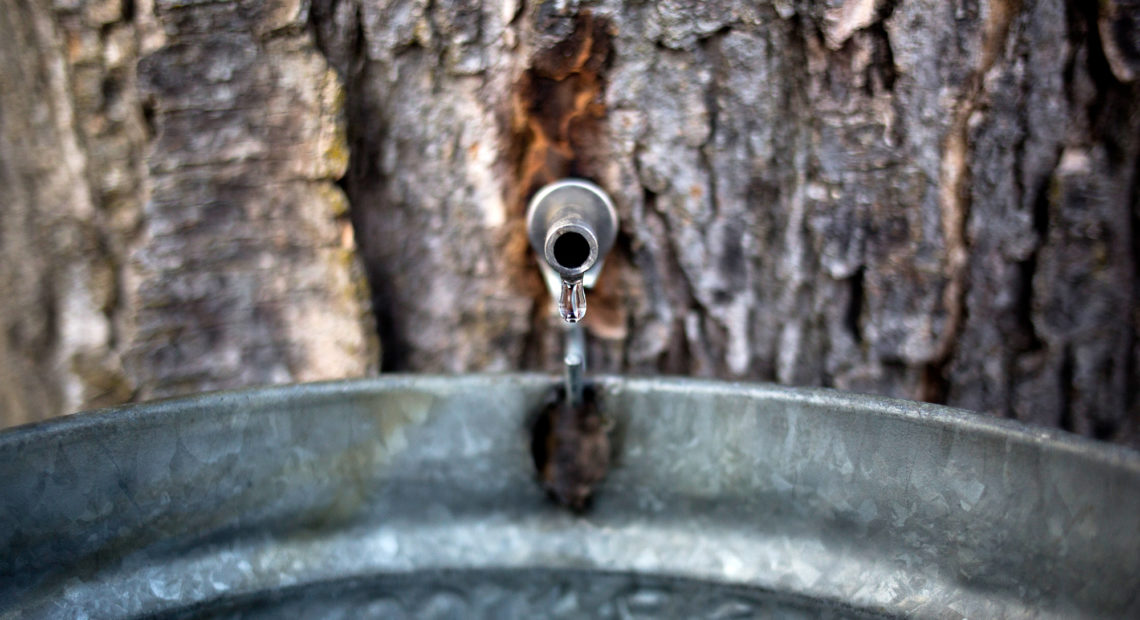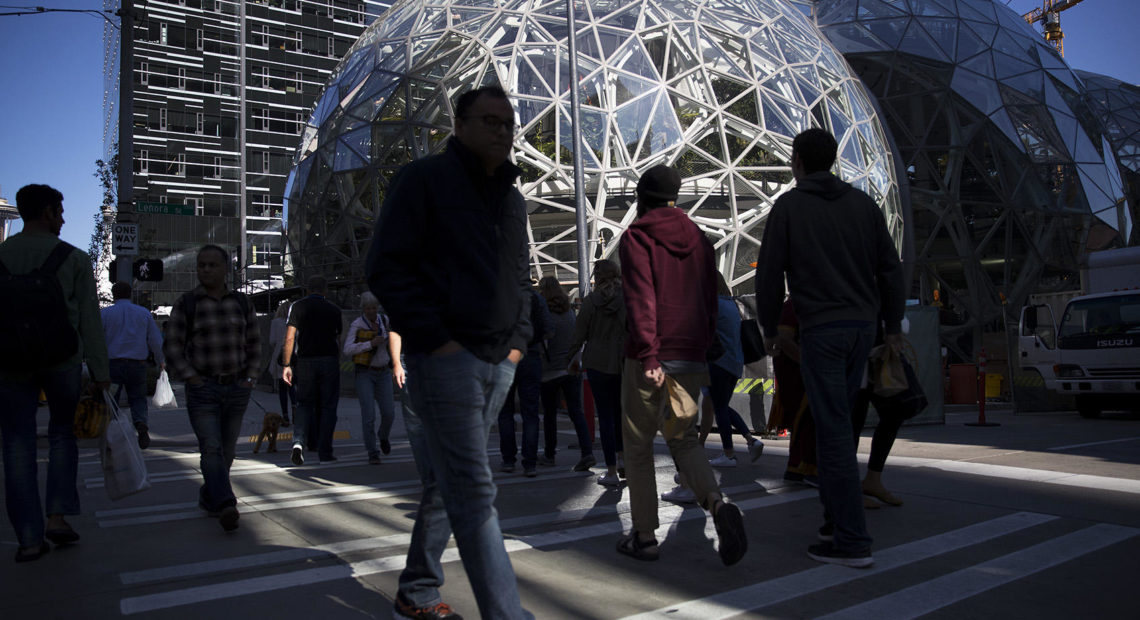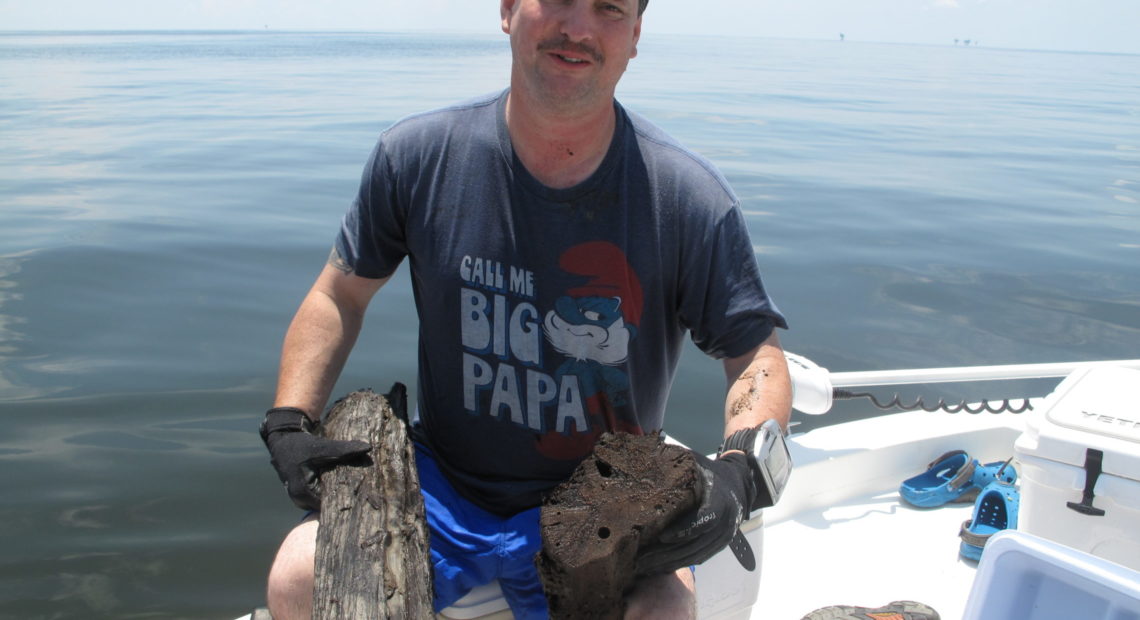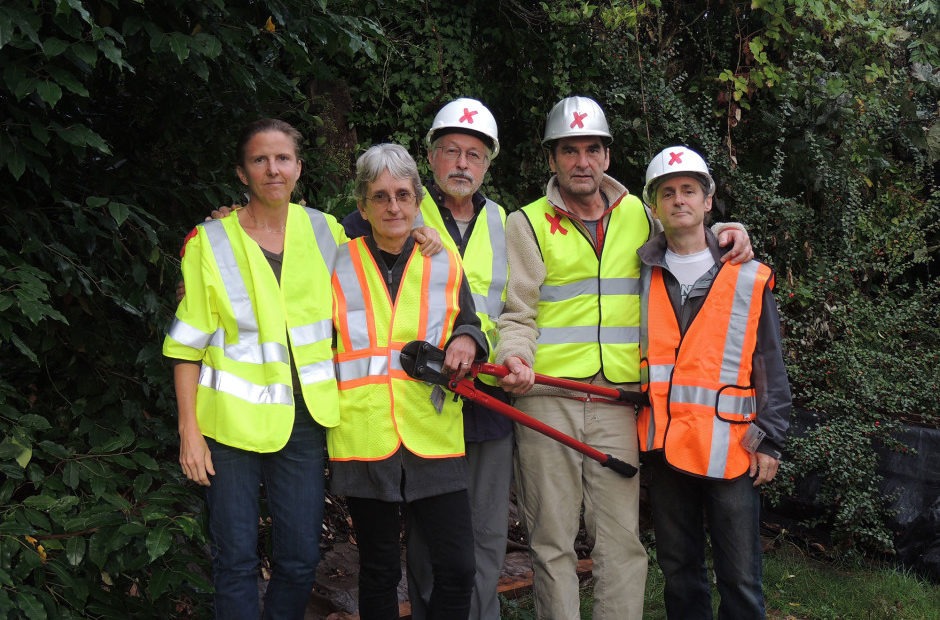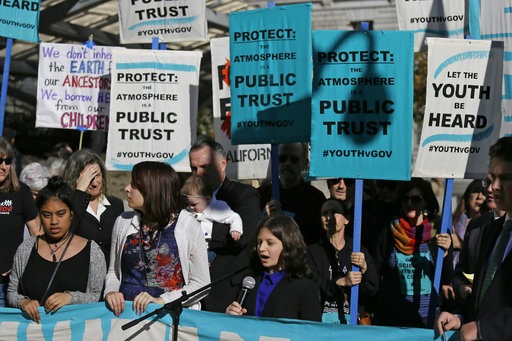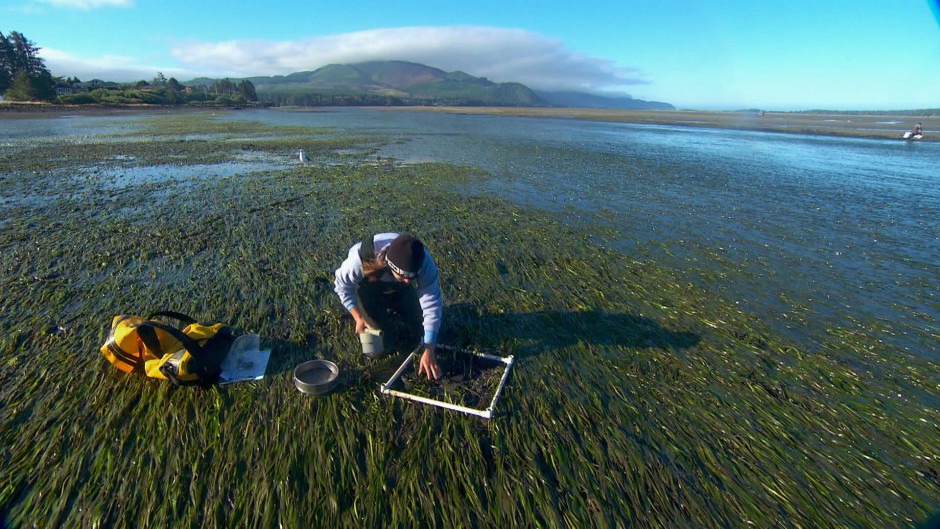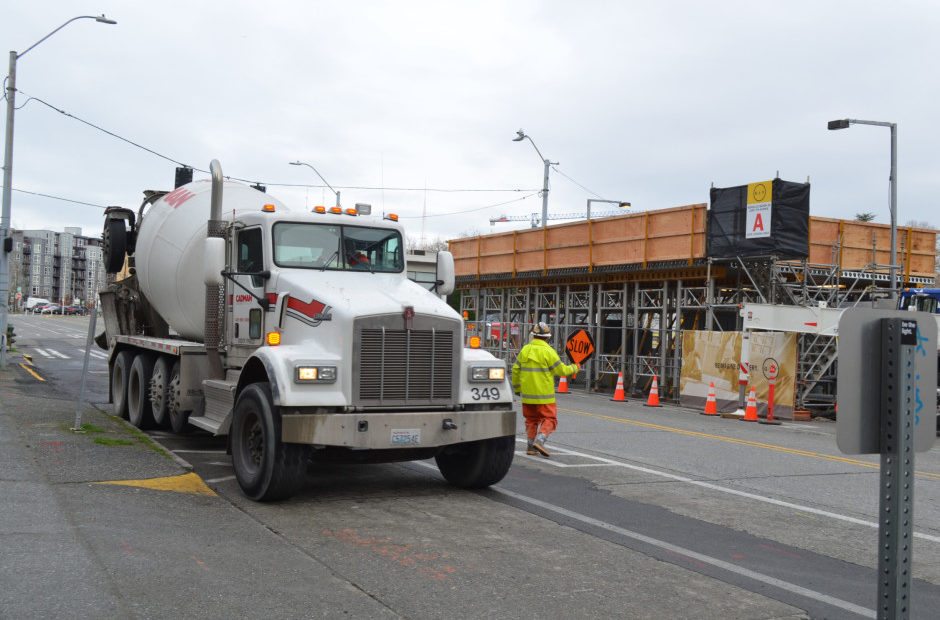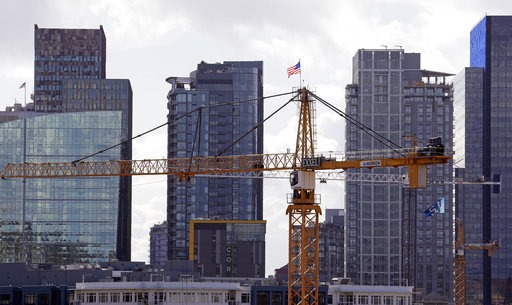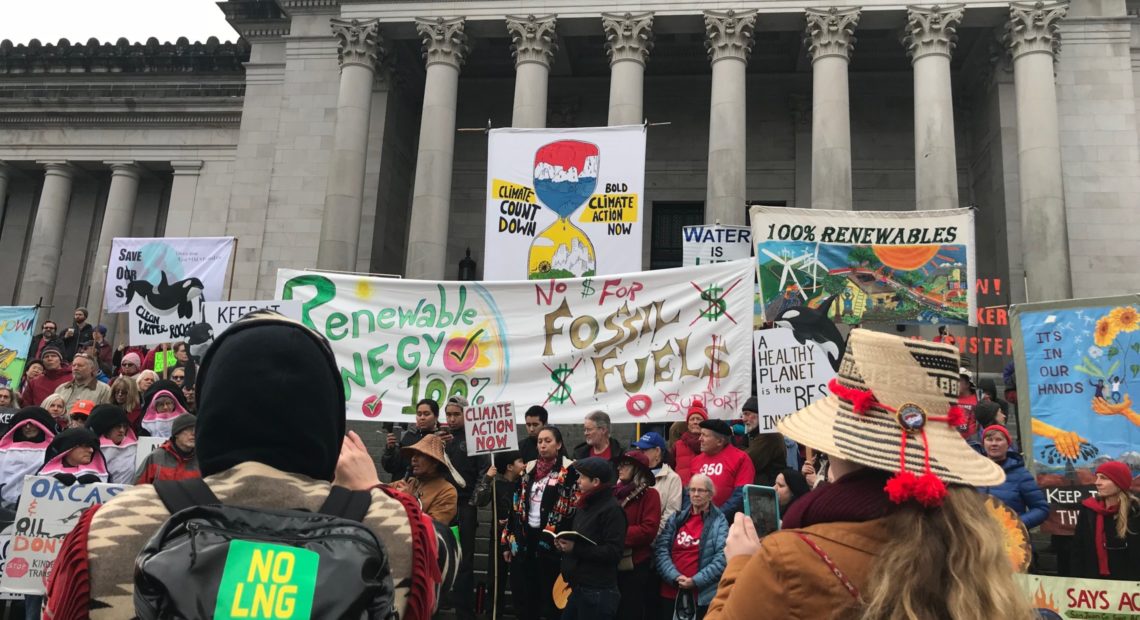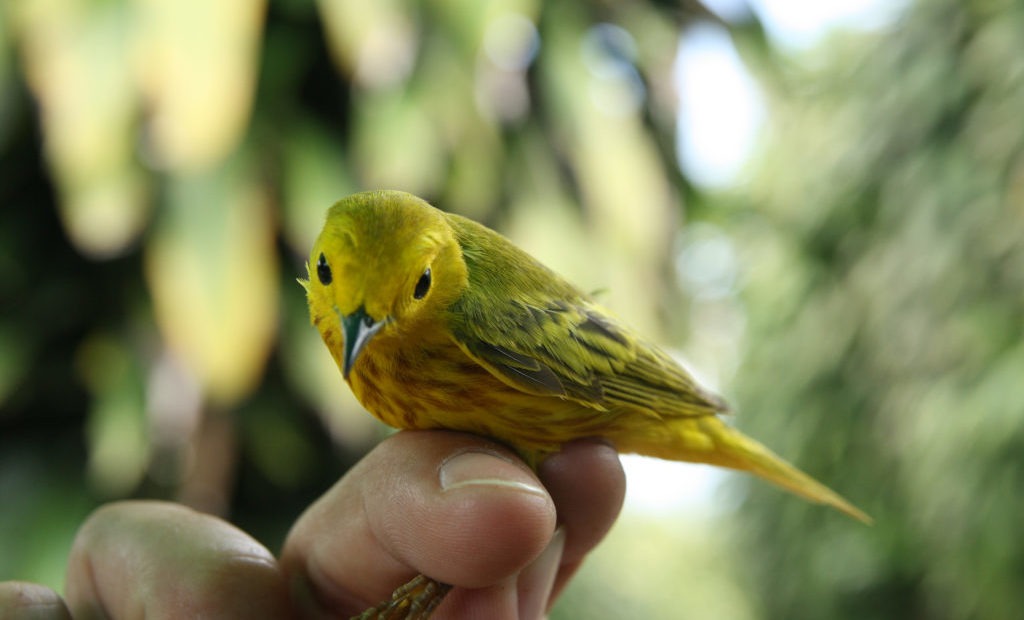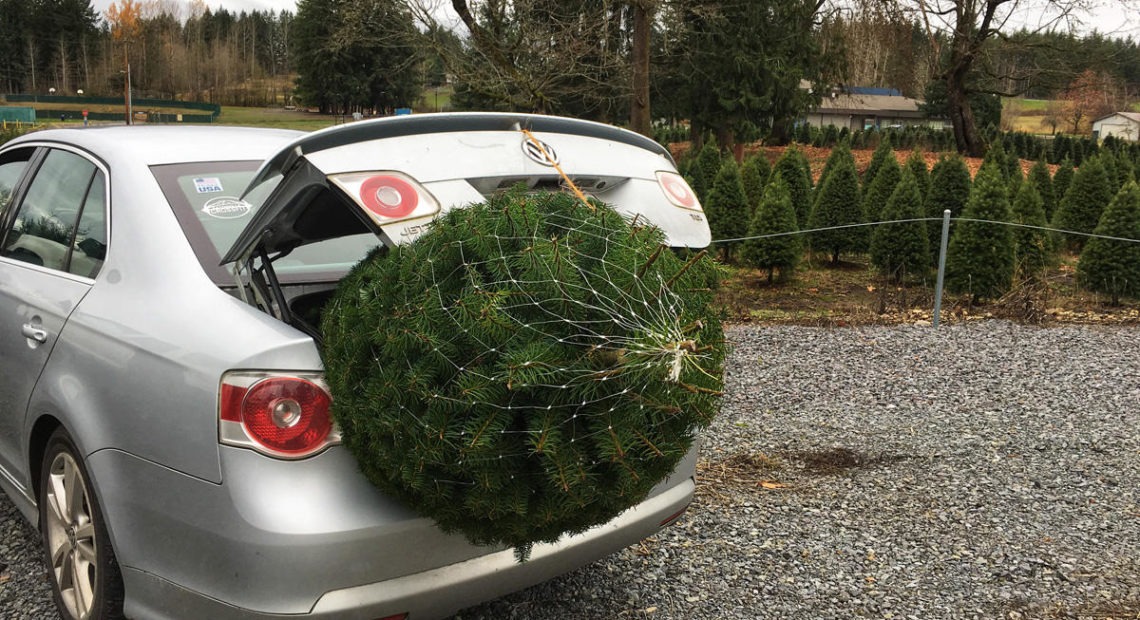Warning that Washington state is at a "tipping point," Democratic Gov. Jay Inslee on Tuesday delivered a State of the State address that called on lawmakers to address carbon pollution, "transform" the mental health system and save Puget Sound orcas.Read More
For the last 35 years, the snowpack in the West’s mountains has resisted the impacts of global warming. But that could soon change, according to a new study out of Oregon State University.Read More
Concern over climate change rose in late November with the release of a United Nations report on limiting global warming. “An ear-splitting wake-up call to the world,” the UN said of […]Read More
The earth's climate has been warming for decades now. But 2018 brought several major new and markedly more precise reports from scientists about what climate change is doing to the weather and how dire they expect the consequences to be.Read More
From mid-December to February, hundreds upon hundreds of bald eagles flock to the Skagit River in northwest Washington to feast on spawning salmon. It's one of the biggest seasonal concentrations of eagles in the Pacific Northwest, but this eagle watching hot spot is being affected by changing cycles of nature.Read More
The Arctic has experienced the "most unprecedented transition in history" in terms of warming temperatures and melting ice, and those changes may be the cause of extreme weather around the globe, according to the National Oceanic and Atmospheric Administration's 2018 Arctic Report Card.Read More
At a major climate meeting in Poland, nearly 200 countries are trying to reach a deal on dramatically reducing carbon emissions. But a recent U.N. report found that may not be enough to avoid dangerous impacts from the warming climate. In fact, the world is falling so far short of what's needed, it said, that it might be necessary to pull massive amounts of carbon dioxide Read More
Fishing groups in California and Oregon joined the legal fray by filing suit against 30 companies, mainly oil producers. The Pacific Coast Federation of Fishermen's Associations, the plaintiff, contends that the fossil fuel industry is at fault for recent warming-related damages to the West Coast's prized Dungeness crab fishery.Read More
The Northwest is already seeing the effects of climate change, according to a new national climate assessment. Read More
Climate change is already causing more frequent and severe weather across the U.S., and the country is poised to suffer massive damage to infrastructure, ecosystems, health and the economy if global warming is allowed to continue, according to the most comprehensive federal climate report to date.Read More
Climate change is expected to increase drought and wildfire vulnerability in forests across the West. But new research out of Oregon State University shows that some places will fare better than others. Read More
Newly published research predicting beer prices could double as rising global temperatures and more volatile weather cause shortages of barley created a big splash. But brewers and barley growers say you shouldn't drown your sorrows just yet: They have a plan.Read More
Increasingly hot and dry summers in Oregon and Washington have started to affect some of our most impressive travelers – the songbirds that migrate thousands of miles to breed here each spring.Read More
Climate change is heating up national parks much faster than the rest of the U.S. That’s according to a first-of-its-kind study that looked all 417 national parks, including those in the Northwest.Read More
More than 40 researchers concluded that climate change would make ecosystems such as deciduous forests, grasslands and Arctic tundra unrecognizable.Read More
Climate change might lead to bigger populations of hungrier insects. This could have serious consequences for grain-growing regions in the Northwest and across the world.Read More
Wildfire activity in the American West is likely to get worse in coming years. A new study out in the Proceedings of the National Academy of Sciences points to the lack of precipitation in the summer as the major driving factor when it comes to increasing fire severity.Read More
The cod population in the Gulf of Alaska is at its lowest level on record. Scientists say the culprit is a warm-water mass known as "the blob."Read More
For people living in the “wildland-urban interface,” wildfire risk is the new normal, and the risk is increasing as more people move into places where cul-de-sac meets forest or sagebrush. Read More
A warming climate is knocking nature's rhythms out of sync. High in the Rocky Mountains, scientists have been tracking the impact for decades.Read More
While searching for seabirds in July of 2017, biologist Luke Halpin instead saw a sea bubbling with about 200 bottlenose dolphins and 70 false killer whales. It would be an unusual sight anywhere — bottlenose generally travel in much smaller groups — but Halpin’s sighting was made more remarkable by where it happened. These usually tropical animals were off the west coast Read More
Ocean conditions off the Pacific Northwest seem to be returning to normal after a three-year spike in water temperature. It’s promising long-term news for fishermen who are looking ahead in the short term to yet another year of low salmon returns.Read More
There’s a lot less snow in the western U.S. than there was a century ago. That’s according to new research that found dramatic declines in snowpack as the seasons have gotten warmer.Read More
An Idaho Senate panel voted February 22 to retain all references to man-made climate change in proposed science standards for K-12 education, which could end a three-year fight over the rules.Read More
Over the next century, sea level rise is expected to wreak havoc on the U.S. coastlines – and a new analysis shows that the Northwest is not immune. Nearly all coastal wetlands in Oregon, Washington and California will be swamped at the highest predicted sea level change.Read More
About 100 activists gathered Wednesday, Feb. 21 to protest Puget Sound Energy’s plan to keep producing electricity from coal until 2035. PSE is the company that likely keeps your lights and Wifi on if you live in the Puget Sound area but not in Seattle. Their main concern was climate change.Read More
While you may be able to easily change your coat when the snow melts, it’s not so simple for animals whose fur turns white in winter for camouflage. A new study finds they'll need to rapidly evolve to match a climate with less snow.Read More
Early this year, Washington Gov. Jay Inslee said no to a massive oil-by-rail terminal proposed in Vancouver, Wash. The $210 million Vancouver Energy project, a joint venture from Tesoro and Savage, would have brought up to 360,000 gallons of crude oil a day on trains traveling along the Columbia River.Read More
As the climate gets warmer, sugar maple trees will have a harder time producing enough sap to meet demand. Luckily, scientists and maple syrup-makers are on the case.Read More
Carbon emissions by the tech giants that dominate cloud computing are surging, even as companies like Amazon and Microsoft take steps to tame their climate impact.Read More
The remarkable discovery of an intact ancient cypress forest in the Gulf of Mexico may reveal a lot about climate change — the past and the future.Read More
A Washington climate activist is the first “valve turner” to go to prison for shutting off the flow of oil from Canada’s tar sands region into the U.S.Read More
The 21 young people who are suing the federal government over climate change are waiting for an appeals court in Oregon to rule on whether their case can go forward. Read More
The oceans off Oregon and Washington are ground zero for acidification, and Northwest scientists are working on new ways to adapt.Read More
As the Pacific Northwest economy booms, it’s using a lot of concrete to build buildings, roads, and other infrastructure. Making all that concrete is a big part of our carbon footprint, and it all comes from one plant: Ash Grove in south Seattle. Read More
For more than 10 years, Seattle leaders have said the city will lead the nation in fighting climate change. But the lofty words have been matched by continuing clouds of carbon emissions. Seattle dumps as much carbon dioxide into the sky as it did 25 years ago.Read More
Climate activists rallied today at the state capitol, the first day of the legislative session. They want Washington state to be powered exclusively by renewable energy within 10 years. Read More
By: Teresa Carey, PBS Newshour A migratory bird can predict its own future, and this crystal ball-like indicator can be found in its genes. In a study published Thursday in Science, biologists […]Read More
Christmas trees could be in shorter supply in about eight years. That’s because the nation is going through an evergreen seedling shortage now. Listen You might be in the […]Read More

